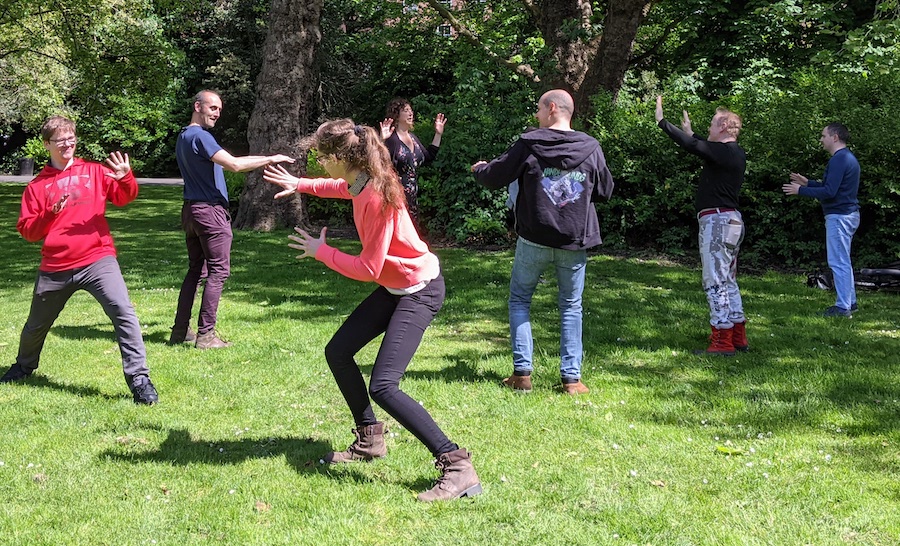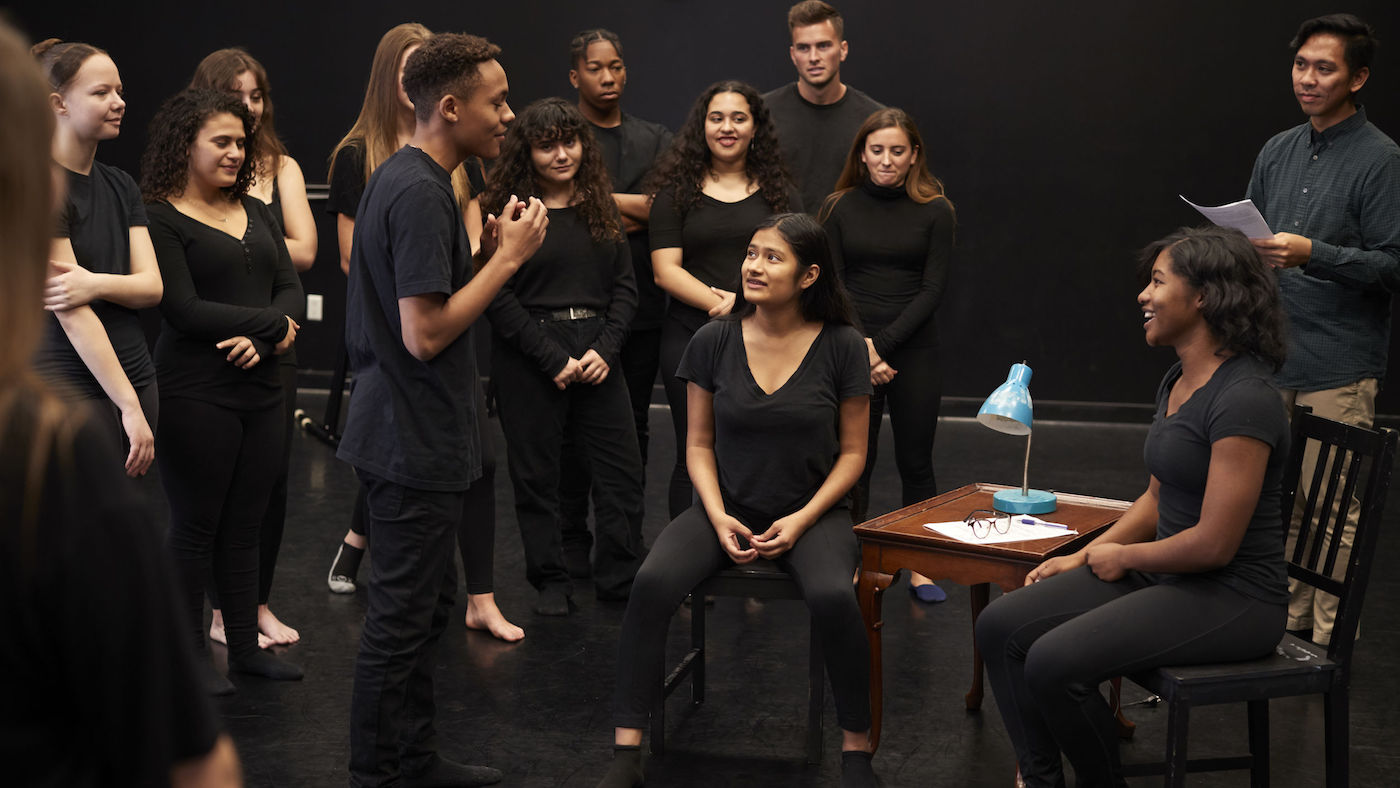In my experience as a technical writer, I realize that for the greatest part of my day I am not writing content. I spend much time liaising with subject matter experts, product managers, and my fellow writers. I also spend time figuring out the pieces to structure and create content. Some days, I spend time putting myself in the user’s shoes and finding ways of how to meet their needs and expectations.
I might be a technical writer, but that surely doesn’t mean that I write all the time. Instead, I wear multiple hats at work depending on the situation and project. And with each hat I wear, I must possess a different skill to collect the information I need to write content and to complete my project.
The long list of required skills
More than the ability to understand technical topics and write clearly, technical writers are expected to possess excellent communication, collaboration, and listening skills. We must be fearless in navigating through ambiguity and asking questions to subject matter experts. We must also have the attitude to be able to continuously and quickly learn the ever-changing technology, processes, and tools.
As in many roles in the tech industry, technical writers are required to have critical thinking skills and problem-solving skills. They must also be open to receiving and giving feedback. Finally, a technical writer must be flexible enough to accommodate last-minute changes and adapt to unexpected requirements or situations.
All these skills are needed to thrive and succeed in our fast-paced, complex (and today often remote-work) environments. However, none of us enters the work field checking the box for each and every skill. In fact, the list can be quite overwhelming, especially for professionals who are new to the field or who are changing careers.
Writing and technical skills can be easily taught and learned while doing the job. However, this is not the case for many of the soft skills that are paramount to getting our job done well. So, how can technical writers improve their soft skill set?
Introducing the Improv Theater
One effective method to improve and learn useful soft skills is through practicing Improvisational Theater or Improv. Improv is a form of theater where scenes are created on the spot. Performers act in scenes that are unplanned or unscripted. This form of theater dates back to 391 BC when it was first performed in the Atellan Farce in Ancient Rome.
The Improv community has grown through the centuries and become increasingly popular throughout the last few decades. Apart from the theatrical enjoyment, many improvisers have witnessed positive effects and learning that Improv brought them. This art is applied in different areas, including psychology, education, personal life, medicine, and business.
If other fields are using Improv, why don’t we as technical communicators? From my own experience in improvisational acting, here is what Improv provides:
- Improv teaches you the values of being collaborative and creative.
When playing Improv, we always play with a partner or a team, and we start our scenes following a suggestion from the audience. We only play with our bodies and our words – no props! - Improv helps you become more positive.
The basic tool we use in Improv is called “Yes, and.” This means that when a performer puts their idea out there, the partner performer agrees to the idea, embraces it, and builds on it. - Improv teaches you to be comfortable with failure and mistakes.
As everything is created on the spot, sometimes we fail to create a story or scene that makes sense. However, practicing Improv teaches us that failing can be fun! And being okay with failure can be truly useful in difficult work situations. - Improv helps you improve your communication, listening, and spontaneity skills.
To fully create meaningful scenes, performers must listen to each other. They listen and look for opportunities to help each other build or tell a story. When their partner presents an idea, they immediately jump into it without hesitation and without thinking too much about it. They go with the flow. - Improv builds your skills in navigating through uncertainties.
Anything can happen while doing Improv. There is no certainty. Performers must trust their instincts and skills when they go on stage without knowing what the topic is about, what the game will be, or how the story will unfold. - Improv keeps you mentally focused.
When we practice Improv, we have to be 100 percent present, both physically and mentally. If our mind wanders off, our ability to respond and think rapidly decreases.
As you can see, all of these skills that we learn from Improv can be applied in all aspects of life.
How can a technical writer benefit from Improv?
I started practicing Improv in 2017 and since then I have applied all my Improv skills to my technical writing career. It all comes down to treating every scenario and situation at work as similar to an Improv scene. If I sit at a meeting and colleagues present their ideas, I keep an open mind and inspect the idea. The “Yes, and” spirit grows within me. I never immediately say “No” to any idea, but rather look at it from different angles. If I like the idea, I express my interest and then find ways to improve it. Alternatively, I try to find ways to build an idea on top of that first idea.
Improv has helped me focus better and become an active listener. A few years back, I was interviewing for my current role. In preparation for my job interview, I did some Improv exercises. I would like to believe that Improv played a crucial role in helping me score my dream job.
Another useful skill that Improv has taught me is the ability to solve problems and uncertainties. If a challenging project is brought to my desk and I have no idea how to get started, I use my collaboration and creativity skills to find subject matter experts who can provide me a better understanding of the project. When a topic is too vague or unclear, I do not get discouraged easily. Instead, I ask the silliest questions (with lots of confidence) in the room. I have developed an attitude of being okay with occasionally making myself the idiot who desires to learn.
Improv trained me to develop empathy. At our Improv workshops, we listen more than we talk, and we never dismiss anyone’s ideas or feelings. At work, when I write documentation, I listen to my customers, their feedback, and their needs. I put myself in their situations and assess how I can effectively address their needs in the most structured and understandable way. Showing empathy to our audience does wonders not just for our documentation, but for the entire customer experience.
Part of my work as a technical writer is to receive feedback and constructive criticism. This feedback can come through peer reviews and performance reviews. Improv has taught me to embrace each form of feedback and take it as a gift – a gift that can help me improve my work and help me achieve my professional goals.
Now that I teach Improv at work and through ImpAct Improv, I use it to widen my network and foster culture. I have met many smart, talented, and wonderful professionals at work and outside of work, with whom I have shared many laughs. I have led Improv sessions for various teams, such as program managers, software engineers, localization experts, customer engineers, salespeople, marketers, technical communicators, and teachers from across the globe.
This pandemic didn’t stop me from building new relationships and networks (virtually) or from developing useful interpersonal skills.

Image: ImpAct Improv workshop participants play the Mirror Dance exercise
© Maryland Sara
How you can get started with Improv
The best way to get started with Improv is by joining an Improv Theater workshop. Improv workshops are available across the globe and in every language – even gibberish!
Each Improv group has a different style of playing Improv, so it is important to look around to find the one that suits your taste. I highly suggest asking around your local community or even joining virtual Improv workshops for a trial, although nothing beats an in-person Improv workshop.
It is important to know that Improv workshops must be built around a safe and welcoming environment. Facilitators start with easy and fun warm-up games and then increase the level of difficulty in each game to challenge the participants. These challenges are all done with fun in mind without trying to be funny!Improv Theater is for everyone and anyone who likes to have fun. It is suitable for all ages, too. This theater form can be truly life-changing or career-changing.
If you are a technical writer looking for ways to expand your soft skills or to become a well-rounded person, give Improv a try. Experiencing it is what it is all about!

